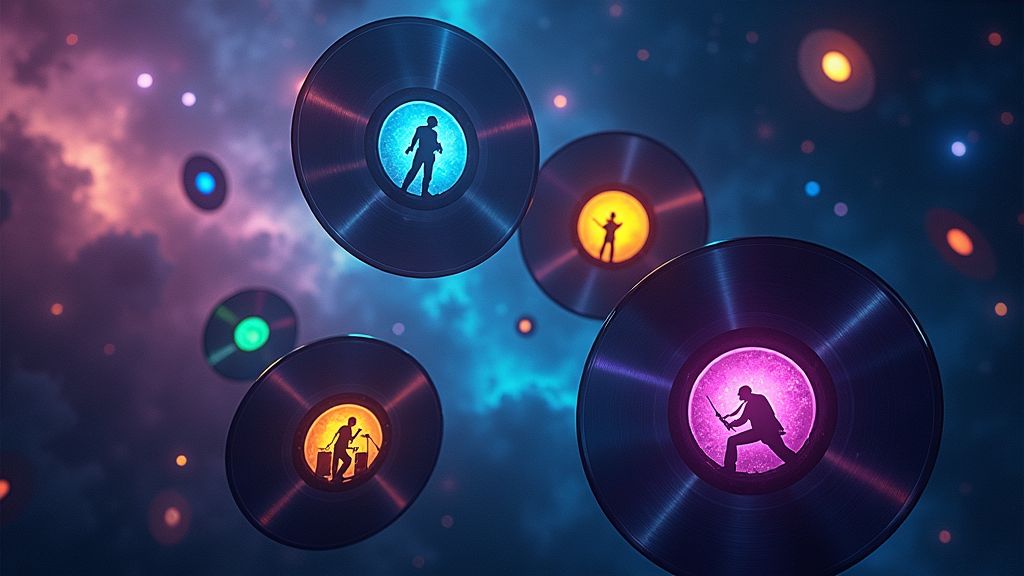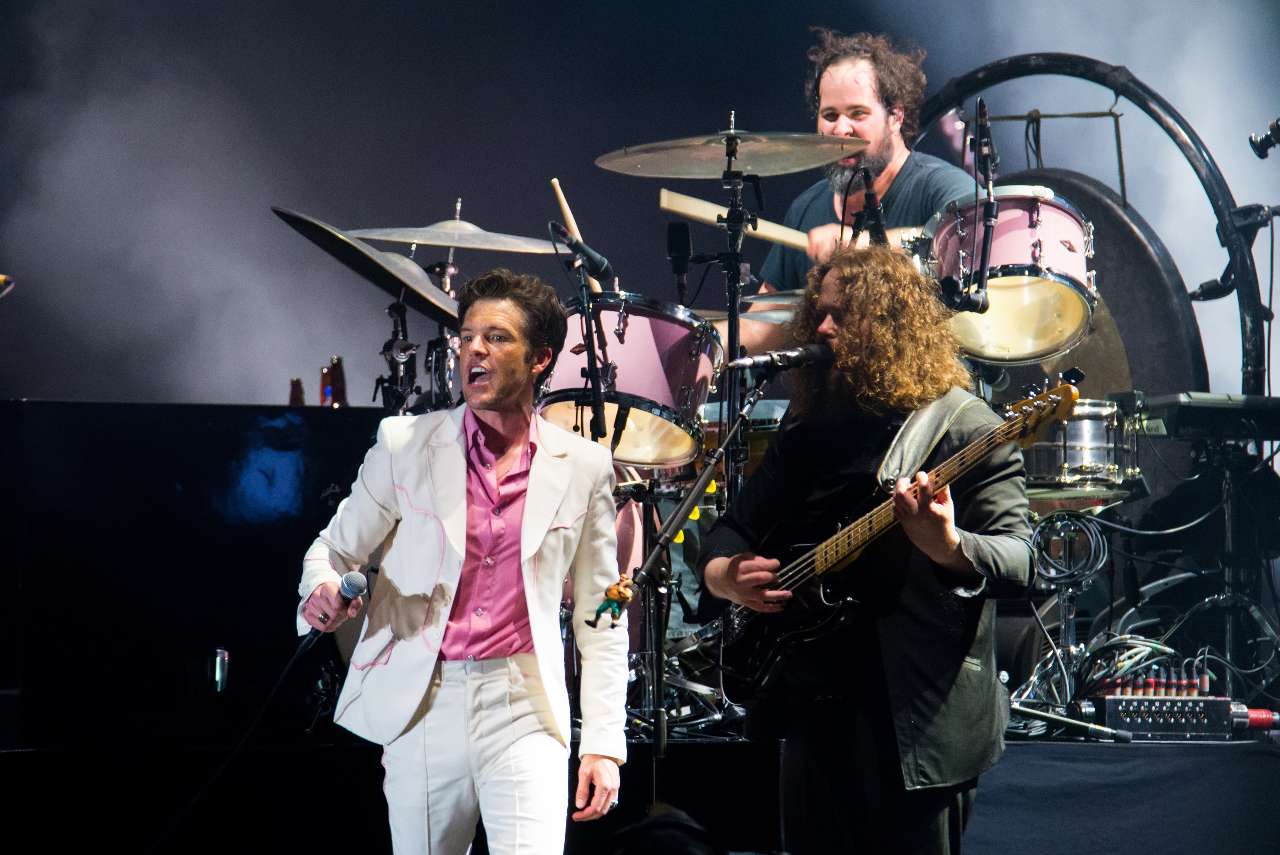Exploring the World of Concept Albums in Music
Have you ever listened to an album that tells a story from start to finish or explores a central theme in a cohesive manner? If so, you may have come across a concept album. These unique musical creations have been a staple in the music industry for decades, captivating listeners with their innovative approaches and thought-provoking narratives. In this article, we will delve into the fascinating world of concept albums, exploring their history, significance, and impact on the music landscape.
The Birth of Concept Albums
The concept album can trace its origins back to the 1940s and 1950s when artists such as Frank Sinatra and Woody Guthrie released albums with thematic elements running through all the tracks. However, it was in the 1960s and 1970s that the concept album truly came into its own, with iconic releases like The Beatles’ ‘Sgt. Pepper’s Lonely Hearts Club Band’ and Pink Floyd’s ‘The Dark Side of the Moon’ setting a new standard for musical storytelling.
Defining Characteristics of Concept Albums
Concept albums are distinguished by their unified theme or narrative that connects each song to form a cohesive whole. This thematic consistency often extends to the album’s lyrics, music, and artwork, creating a multi-dimensional experience for the listener. While some concept albums follow a linear storyline, others explore abstract concepts or emotions, inviting interpretation and introspection.
Notable Examples in Music History
Over the years, numerous artists and bands have released groundbreaking concept albums that have left a lasting impact on music history. From The Who’s ‘Tommy’ to David Bowie’s ‘The Rise and Fall of Ziggy Stardust and the Spiders from Mars’ to Kendrick Lamar’s ‘good kid, m.A.A.d city,’ the diversity of genres and styles represented in concept albums showcases their versatility and enduring appeal.
The Evolution of Concept Albums
With the rise of digital streaming platforms and changing consumption habits, the concept album has evolved to adapt to new formats and technologies. Artists continue to push boundaries and experiment with innovative ways to present their music as cohesive narratives, blurring the lines between traditional albums and multimedia experiences. As the music industry continues to evolve, concept albums remain a testament to the power of storytelling and artistic expression.
The Impact of Concept Albums on Pop Culture
Concept albums have had a profound influence on pop culture, reaching far beyond the music industry. These albums often address societal issues, personal struggles, and universal themes that resonate deeply with listeners. The immersive nature of a concept album allows fans to connect with the artist’s vision on a personal level, creating dedicated fan communities and inspiring visual and literary arts. This influence extends into movies, fashion, and even video games, as artists across disciplines draw inspiration from the complex worlds created in these albums.
The Visual Side of Concept Albums
In addition to the music, the visual elements of concept albums play a significant role in defining the album’s narrative. Album covers, music videos, and promotional artwork often complement the story or theme, providing fans with a richer experience. The visual side can evoke emotions that deepen the listener’s connection to the music. For instance, Beyoncé’s ‘Lemonade’ and Janelle Monáe’s ‘Dirty Computer’ were released alongside visual albums, blending film and music to offer a complete multimedia experience that adds layers of meaning to the songs.
Concept Albums in the Digital Age
The digital age has opened new possibilities for artists to explore and expand the concept album format. With platforms like Spotify and Apple Music, artists can release visual content, exclusive audio commentary, and interactive album experiences that go beyond a traditional release. Social media allows fans to engage with these albums in real-time, sharing interpretations and creating a global conversation around the themes. Artists can now craft concept albums that feel dynamic and continuously evolving, encouraging listeners to return and find new meaning with each listen.
The Future of Concept Albums
As music continues to evolve, the concept album remains a powerful medium for artistic expression. The future may see even more immersive approaches, with artists integrating virtual reality, augmented reality, and interactive digital platforms to create fully realized worlds for fans to explore. This progression promises exciting innovations, but the essence of the concept album—the connection between artist, listener, and story—will likely remain at its core. As new generations of listeners discover these albums, the concept album format will continue to captivate and inspire.













